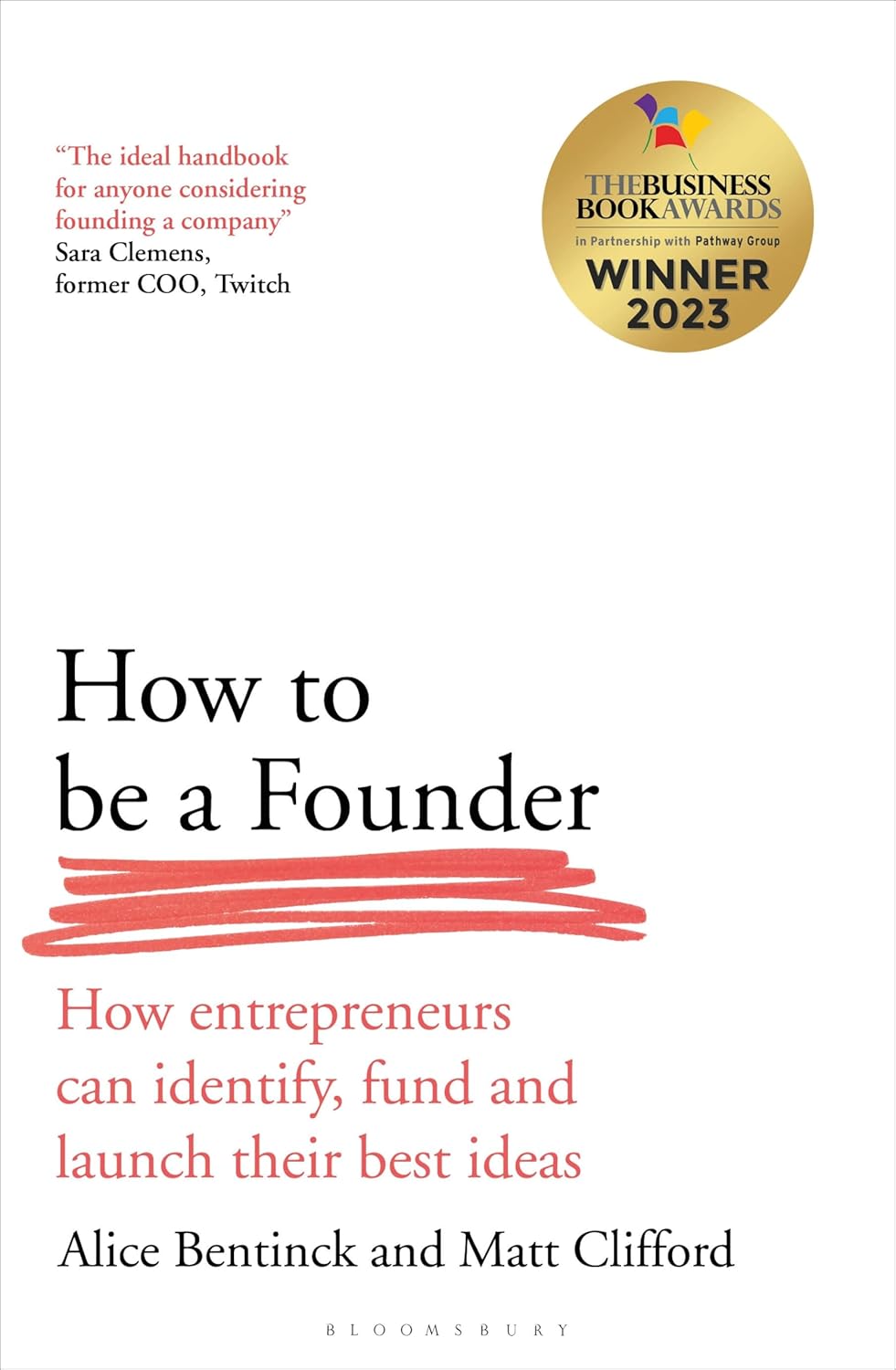
How to Be a Founder: A Comprehensive Guide
Introduction
The journey of becoming a founder is both thrilling and daunting. Entrepreneurs are often perceived as risk-takers, visionaries, and relentless innovators. While there’s no one-size-fits-all approach, there are key principles, skills, and strategies that aspiring founders can embrace. This article provides a holistic overview of what it takes to be a successful founder, drawing insights from successful entrepreneurs, industry experts, and research on entrepreneurship.
Understanding the Founder’s Mindset
One of the most critical attributes of a successful founder is the mindset. A founder must be:
-
Visionary: The ability to envision a future, identify market gaps, and conceive innovative solutions is foundational. Founders should cultivate a clear vision that guides their business strategy and inspires their team.
-
Resilient: The entrepreneurial journey is fraught with challenges, setbacks, and failures. Resilience allows founders to navigate obstacles, learn from mistakes, and remain steadfast in their pursuit.
- Adaptable: Flexibility and the capacity to pivot in response to changing market conditions are crucial. Founders must be willing to revise their strategies and embrace new ideas.
Identifying Opportunities
Successful founders possess a keen sense of observation and foresight. Here’s how to identify viable business opportunities:
-
Market Research: Conduct thorough research to understand market trends, customer needs, and competitive landscapes. Tools like surveys, interviews, and industry reports can provide valuable insights.
-
Problem-Solving: Focus on problems worth solving. The best business ideas often stem from personal experiences or observed frustrations. Engage with potential customers to validate your assumptions.
- Networking: Surround yourself with like-minded individuals and mentors. Networking can reveal opportunities, partnerships, and insights that you might not easily access on your own.
Structuring Your Business Idea
Once you have identified a viable opportunity, it’s time to structure your business idea effectively:
-
Business Plan: Create a comprehensive business plan outlining your vision, mission, target market, value proposition, revenue model, and marketing strategy. A solid business plan not only serves as a roadmap but is also essential for attracting investors.
-
MVP (Minimum Viable Product): Develop a lean version of your product or service that addresses your core value proposition. Testing your MVP in the market allows you to gather feedback and iterate before a full-scale launch.
- Legal Structure: Consider what legal structure best suits your business (e.g., LLC, Corporation, Sole Proprietorship). Consulting with a legal professional can help you navigate the complexities of business formation, intellectual property, and compliance.
Building a Strong Team
A founder is only as good as the team they surround themselves with. Here are ways to build and manage a strong team:
-
Hiring Wisely: Recruit individuals who complement your skill set and share your vision. Prioritize cultural fit, adaptability, and passion for the mission during interviews.
-
Fostering Collaboration: Create an inclusive and transparent work environment. Encourage open communication, feedback, and collaboration. A motivated team will drive the business forward.
- Empowerment and Delegation: Learn to delegate responsibilities properly. Empowering team members to take ownership of their roles fosters accountability and enhances productivity.
Funding Your Startup
Securing funding is a pivotal step for most founders. Here are common avenues for financing a startup:
-
Bootstrapping: Many founders choose to finance their ventures through personal savings. This method allows for greater control but can also pose significant financial risks.
-
Angel Investors and Venture Capital: Engage with angel investors or venture capitalists who believe in your vision. Ensure you have a compelling pitch and a solid business plan to attract potential investors.
- Crowdfunding: Platforms like Kickstarter and Indiegogo offer founders an opportunity to raise funds while engaging early users. This method also helps validate your product idea.
Marketing and Growth Strategies
A great product alone won’t guarantee success. Founders need to implement effective marketing and growth strategies:
-
Digital Marketing: Utilize social media, content marketing, SEO, and email marketing to create awareness and drive customer acquisition. Digital channels are often cost-effective and yield measurable results.
-
Customer Feedback Loop: Establish a robust feedback loop with your customers to improve the product continuously. Listening to your users can lead to innovations and foster customer loyalty.
- Scaling Wisely: Growth should be measured and strategic. Avoid rapid scaling without solid infrastructure and processes, as it can lead to operational challenges and burnout.
Conclusion
Being a founder is a multifaceted journey that encompasses vision, resilience, adaptability, and execution. It requires dedication, resourcefulness, and a willingness to learn continuously. By understanding the entrepreneurial landscape and equipping oneself with the right skills and strategies, aspiring founders can turn their dreams into reality. Whether you’re in the ideation phase or preparing to launch, the principles outlined in this article can serve as a guiding framework to help you navigate your entrepreneurial path successfully. Embrace the challenges, learn from every experience, and remember that every successful founder started as a novice at some point.
Price: ₹519.00
(as of Mar 27, 2025 21:29:27 UTC – Details)
An essential guide to equip the next generation of founders with the mindset and tools they need to take the leap to become globally successful entrepreneurs.
Featuring a foreword by Reid Hoffman, founder of LinkedIn, this fascinating handbook inspires potential founders and provides essential guidance and advice for people who want to create their own start-up and build a successful company. This book answers the question “how do I get started?” It takes the reader from making the decision to plunge into entrepreneurship, through the process of choosing and developing an idea and team, all the way to raising capital and working with VCs and angel investors.
Alice Bentinck and Matt Clifford are the co-founders of Entrepreneur First (EF). Over the last decade, they have worked with thousands of ambitious individuals across the world, supporting them to become founders. Those individuals have now built companies worth billions of dollars that are taking on some of the world’s biggest challenges, including finding hard-to-spot cancers, tackling climate change and building new financial platforms. In How to Be a Founder, the authors share advice, insights and lessons from their decade of experience working with individuals to become successful founders. The book covers what you need to do today to start your journey as a founder and the steps to take to maximise your chances of building a high-growth, scalable company. You’ll also hear advice from some of the world’s best investors and entrepreneurs who have built some of most iconic technology companies of our time.
Publisher : Bloomsbury Business (26 March 2024)
Language : English
Paperback : 224 pages
ISBN-10 : 1399411608
ISBN-13 : 978-1399411608
Item Weight : 450 g
Dimensions : 15.3 x 2.5 x 23.4 cm
Importer : Bloomsbury India










